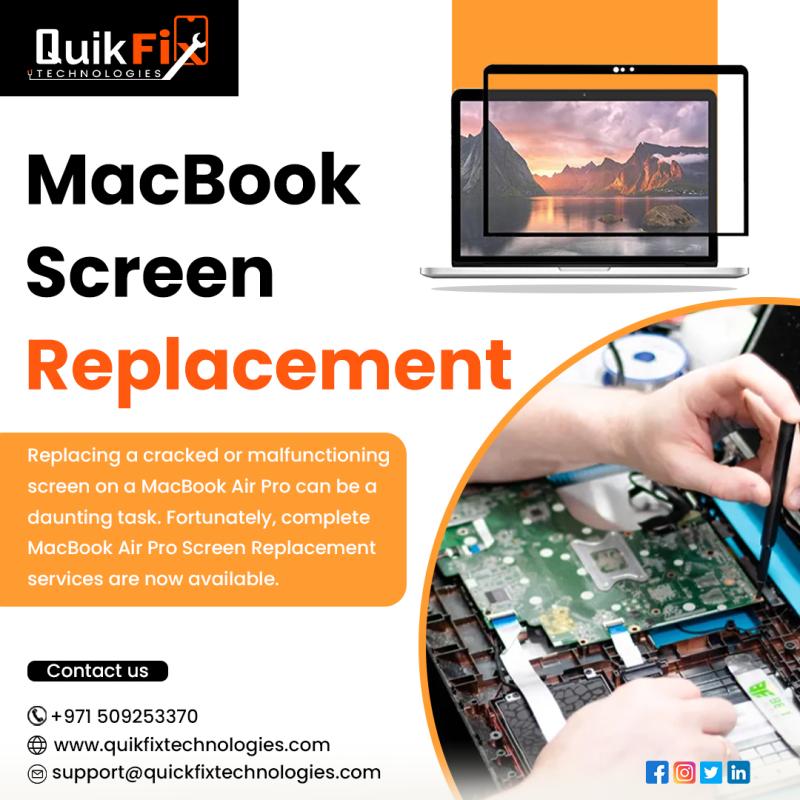Step-by-Step Guide for Replacing a Broken Tablet Screen

Accidents happen, and one of
the most common mishaps with tablets is a cracked or broken screen. Whether
it's due to an accidental drop or pressure, a damaged screen can severely
impact the usability of your tablet. Fortunately, screen replacement is
possible and can save you from the cost of buying a new device. In this guide,
we’ll walk you through the process of replacing a broken tablet screen step by
step.
Tools and
Materials You'll Need:
Before diving into the
replacement process & Motherboard
replacement, gather all the necessary tools and materials. Here's a
list of items you will likely need:
- Replacement screen (compatible with your tablet
model)
- Small Phillips-head screwdriver
- Plastic prying tools (to open the tablet's casing)
- Tweezers (for handling small components)
- Suction cup (for lifting the screen)
- Heat gun or hair dryer (to loosen adhesive)
- Adhesive strips or tape (for resealing the screen)
- Anti-static wristband (to avoid damage to internal
components)
Now that you have your tools
ready, let’s begin the screen replacement process.
Step 1:
Power Off and Disconnect the Tablet
Before you start disassembling
your tablet, ensure it’s turned off to prevent any electrical issues. Press and
hold the power button until the device powers down. If your tablet has a
removable battery, it’s a good idea to remove it, though most tablets have
built-in batteries. Unplug any accessories or charging cables as well.
Step 2:
Apply Heat to Loosen the Adhesive
Most tablet screens are held
in place with strong adhesive. To safely remove the screen, use a heat gun or
hair dryer on a low heat setting to soften the glue around the edges of the
screen. Gently move the heat source around the screen’s perimeter for 2-3
minutes, ensuring the heat is evenly distributed. Be careful not to overheat
any specific spot, as this could damage internal components.
Step 3: Use
a Suction Cup and Prying Tools
Once the adhesive has
softened, place a suction cup on the screen to gently lift it. As you pull on
the suction cup, insert a plastic prying tool into the gap between the screen
and the frame. Slowly work your way around the edges, gently prying the screen
away from the tablet. Take your time during this step to avoid cracking the
screen further or damaging the frame.
Step 4:
Disconnect the Screen from the Tablet
After lifting the screen,
you’ll need to disconnect the ribbon cables that attach it to the tablet's
motherboard. These cables are often secured with small connectors or clips. Use
tweezers to carefully lift the connectors or flip the latches that hold the
cables in place. Once the cables are free, you can completely remove the broken
screen.
Step 5:
Install the New Screen
Now that the old screen is out
of the way, it's time to install the new one. Start by connecting the ribbon
cables of the new screen to the motherboard, ensuring they’re securely in
place. Make sure each connection is firm, but be gentle to avoid damaging the
delicate connectors. Once all cables are reconnected, carefully align the new
screen with the frame.
Step 6:
Secure the New Screen
After attaching the new
screen, use adhesive strips or double-sided tape to secure it to the tablet
frame. Ensure the adhesive is evenly applied along the edges of the screen so
it sticks firmly. Once in place, gently press around the perimeter of the
screen to ensure it’s fully attached.
Step 7: Test
the New Screen
Before completely sealing the
tablet, it's important to test the new screen. Power on the device to ensure
the display is functioning correctly and the touch screen is responsive. If
everything is working as expected, you can proceed with resealing the tablet.
Step 8:
Reseal the Tablet
Once you’ve confirmed that the
new screen is working properly, press down on the edges to ensure the adhesive
sticks. If your tablet uses clips or screws, reattach them at this stage. Make
sure everything is securely in place.
Final Thoughts
Surface
pro 4 screen replacement can seem daunting, but by
following these steps carefully, you can complete the task successfully without
the need for professional help. It’s a cost-effective solution that can bring
your tablet back to life, saving you the expense of purchasing a new device.
Remember to handle all
components carefully, use the proper tools, and take your time throughout the
process. If at any point you feel unsure, there are many online video tutorials
and repair guides specific to your tablet model that can provide additional
visual assistance.
By following this guide,
you’ll not only restore your tablet but also gain a valuable DIY skill in the
process!
Post Your Ad Here
Comments